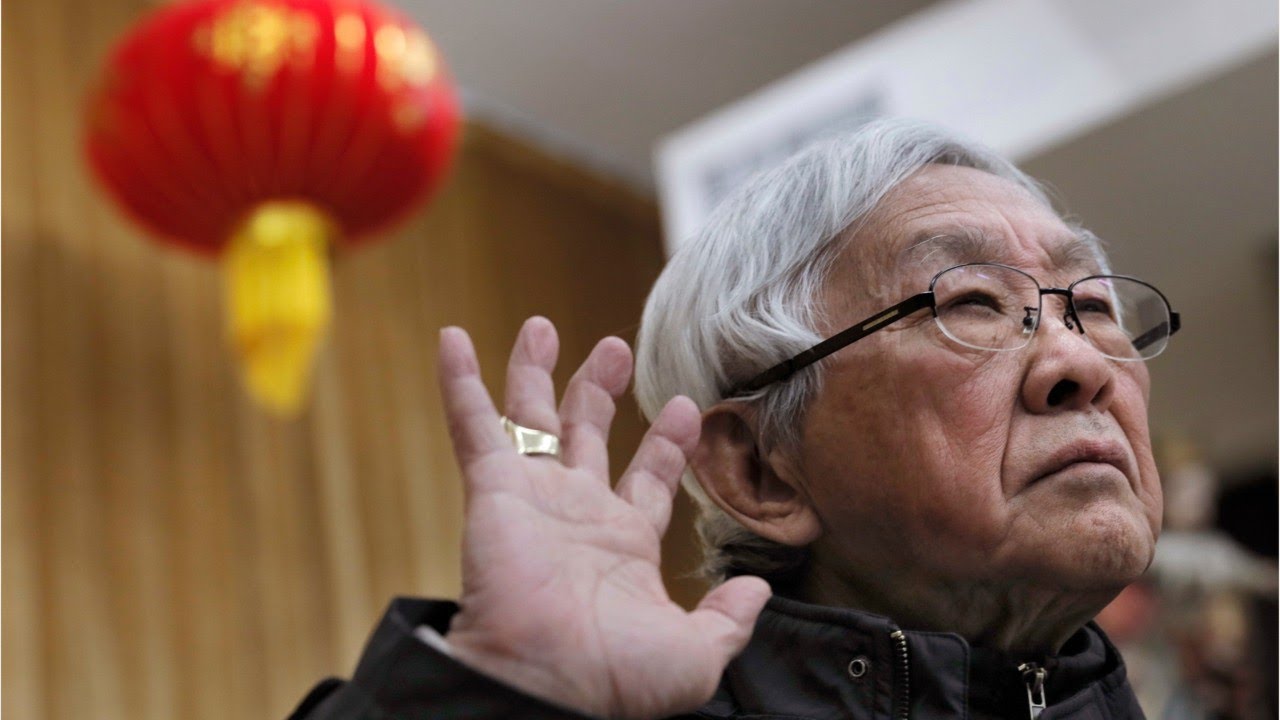
Hong Kong’s outspoken Cardinal Joseph Zen Speaks Out Against Vatican-China Deal
It appears that Pope Francis is close to coming to an agreement with Beijing over the appointment of bishops in China. The Communist government recognizes only bishops within its borders who are designated by the government, but underground churches in that country continue the religion’s ancient practice of allegiance to the Pontiff.
The BBC reports that there are about 100 bishops in the world’s most populous nation, some appointed by the Vatican, others by Beijing.
The move could be an even more significant change to Catholicism’s power structure than that which occurred in the Protestant Reformation of the 16th century. For the first time in the two thousand year-old history of the Church, the Vatican would cede the power to appoint clergy leaders to an atheist entity.
Plans for the agreement were severely criticized by some Church leaders, particularly in Asia. The Catholic Herald reports that “ Cardinal Joseph Zen, the most senior Chinese Catholic [and Archbishop Emeritus of Hong Kong] has said a possible deal between China and the Vatican would ‘betray Jesus Christ’. The Catholic News Agency notes that Cardinal Zen worries that the Chinese government would only accept candidates loyal to Beijing, despite any language in an agreement with the Holy See, the governing body of the Catholic Church.
As the planet’s most influential religious leader, the agreement could impact every denomination in every nation.
Will Inboden, writing in Foreign Affairs, asks “Will Pope Francis Surrender to China?… the reported agreement would be almost entirely on Beijing’s terms, with the Holy See ceding authority to the Chinese Communist Party for the appointment of bishops and granting the party effective control of the Catholic Church in China. If true, that would amount to a stunning unilateral concession by Pope Francis rather than a negotiated compromise.”
It appears that Pope Francis has taken a different course than many of his predecessors, who fought for the independence of the faith and opposed Communist rule, particularly Pope John Paul II. Steve Gertz, writing in Christian History noted that Pope John Paul’s “election as pope in 1978 armed him with an international following that, in retrospect, cowed even the Soviet empire. ‘Be not afraid’ became his rallying cry, and following a 1979 address to the U.N. General Assembly in which he challenged the free world to defend human rights, he embarked on a courageous but dangerous nine-day public pilgrimage to ‘strengthen the brethren’ in [Communist-controlled] Poland. There he warned Communist authorities that the papacy would watch them closely…John Paul II’s example encouraged other leading church authorities, such as the Czech Cardinal Frantisek Tomasek, to become fierce critics of Communism. His visit also inspired an unemployed electrician named Lech Walesa to form in 1980 the Soviet Union’s first and only trade union—Solidarity—that in the words of French political scientist Alain Besancon gave the Poles back ‘the private ownership of their tongues.’”
Critics maintain that this Pontiff, who has displayed brilliance in his analysis of the course the Vatican must take to restore a connection with estranged Catholics, has not demonstrated a similar mastery of the political issues he has chosen to discuss.
Pope Francis is correctly concerned about the dignity of each human life, but has displayed, according to critics, a less than thorough concern for those suffering loss of freedom within dictatorships. Many have questioned his decision during his visit to Cuba to meet with the leadership but avoid but avoid dissidents.
In an era when stunning acts of aggression, repression and atrocity are increasing with frightening intensity as a result of the acts of Russia, China, Iran, North Korea and terrorist forces, the Pontiff seems to inexplicably concentrate far more on his preconceived notions of the shortcomings of largely peaceful and open democratic western nations.
Frank Vernuccio, Jr., J.D., serves as editor-in-chief of the New York Analysis of Policy & Government


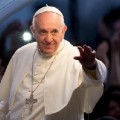
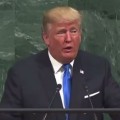
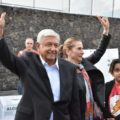
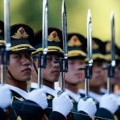











Follow Us